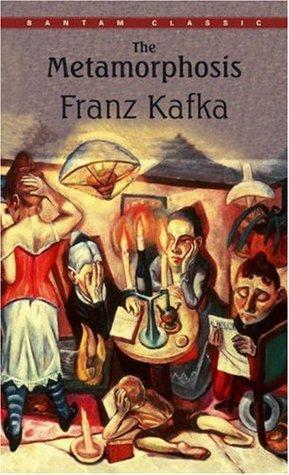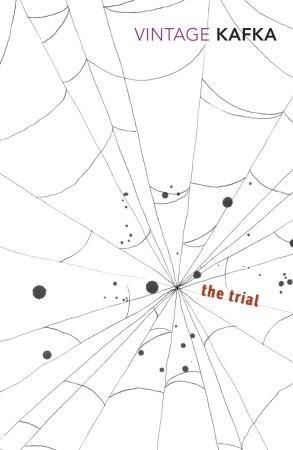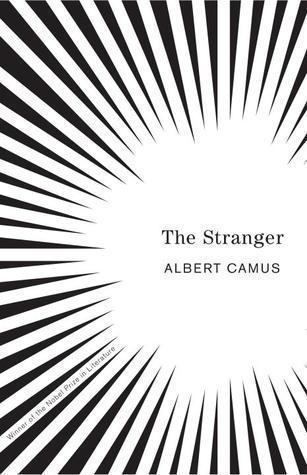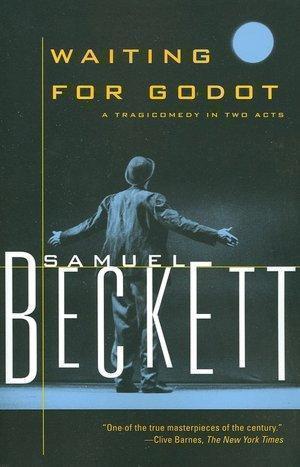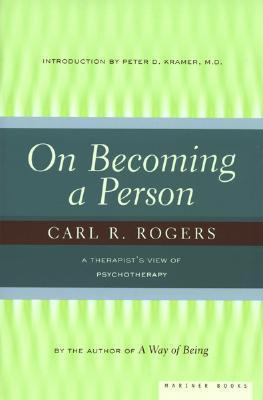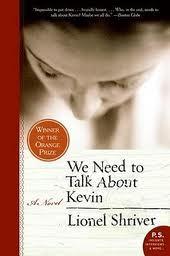Tarmander
Member
- Joined
- Apr 30, 2015
- Messages
- 3,772
I think it is no coincidence that Ray is so well read, and reading great works could be a part of good health. I have found that my mind needs to stretch to become healthier. I cannot have a healthy body without a mind consistent with the inner impulse of the heart.
Zorba the Greek is a book by Nikos Kazantzakis and his character Zorba exemplifies a type of bodily health in movement. Roughly speaking, I think there is a play of chaos and order, whereby inner bodily order that is consistent with mindset can be expressed in a chaotic life. Inner chaos may be expressed through an outward superficial order. Raskolnikov would be an opposite example from Crime and Punishment, with outer order (he does nothing) and inner chaos.
Here are some of my favorite quotes from the Carl Wildman Translation. Especially the last one which matches my experience with sugar:
•"Tell me what you do with what you eat and I will tell you who you are! Some turn their food into fat and manure, some into work and good humor, and others, I'm told, into God. So there must be three sorts of men. I'm not one of the worst, boss, nor yet one of the best. I'm somewhere between the two. What I eat I turn into work and good humor. That's not too bad, after all!"
•"You're young and pretty tough, eating well, drinking well, breathing exhilarating sea air, and storing up energy-but what are you doing with it all? You sleep alone, and it's just too bad for the energy! [...] Boss, everything's simple in this world. How many times must I tell you? So don't go and complicate things!"
•"The belly is the firm foundation; bread, wine and meat are the first essentials; it is only with bread, wine and meat that one can create God"
•"For I realize today that it is a mortal sin to violate the great laws of nature. We should not hurry, we should not be impatient, but we should confidently obey the eternal rhythm."
•"'When I have a longing for something myself,' he said, 'do you know what I do? I cram myself chockful of it, and so I get rid of it and don't think about it any longer. Or, if I do, it makes me retch. Once when I was a kid-this'll show you-I was mad on cherries. I had no money, so I couldn't buy many at a time, and when I'd eaten all I could buy I still wanted more. Day and night I thought of nothing but cherries. I foamed at the mouth; it was torture! But one day I got mad, or ashamed, I don't know which. Anyway, I just felt cherries were doing what they liked with me and it was ludicrous. So what did I do? I got up one night, searched my father's pockets and found a silver mejidie and pinched it. I was up early the next morning, went to a market gardener and bought a basket o' cherries. I settled down in a ditch and began eating. I stuffed and stuffed till I was all swollen out. My stomach began to ache and I was sick. Yes, boss, I was thoroughly sick, and from that day to this I've never wanted a cherry. I couldn't bear the sight of them. I was saved. I could say to any cherry: I don't need you any more. And I did the same thing later with wine and tobacco. I still drink and smoke, but any second, If I want to, whoop! I can cut it out. I'm not ruled by passion. It's the same with my country. I thought too much about it, so I stuffed myself up to the neck with it, spewed it up, and it's never troubled me since.'
'What about women?' I asked.
'Their turn will come, damn them! It'll come! When I'm about seventy!" He thought for a moment, and it seemed too imminent. 'Eighty,' he said, correcting himself. "That makes you laugh, boss, I can see, but you needn't. That's how men free themselves! Listen to me there's no other way except by stuffing themselves til they burst. Not by turning ascetic. How do you expect to get the better of a devil, boss, if you don't turn into a devil-and-a-half yourself?'
Zorba the Greek is a book by Nikos Kazantzakis and his character Zorba exemplifies a type of bodily health in movement. Roughly speaking, I think there is a play of chaos and order, whereby inner bodily order that is consistent with mindset can be expressed in a chaotic life. Inner chaos may be expressed through an outward superficial order. Raskolnikov would be an opposite example from Crime and Punishment, with outer order (he does nothing) and inner chaos.
Here are some of my favorite quotes from the Carl Wildman Translation. Especially the last one which matches my experience with sugar:
•"Tell me what you do with what you eat and I will tell you who you are! Some turn their food into fat and manure, some into work and good humor, and others, I'm told, into God. So there must be three sorts of men. I'm not one of the worst, boss, nor yet one of the best. I'm somewhere between the two. What I eat I turn into work and good humor. That's not too bad, after all!"
•"You're young and pretty tough, eating well, drinking well, breathing exhilarating sea air, and storing up energy-but what are you doing with it all? You sleep alone, and it's just too bad for the energy! [...] Boss, everything's simple in this world. How many times must I tell you? So don't go and complicate things!"
•"The belly is the firm foundation; bread, wine and meat are the first essentials; it is only with bread, wine and meat that one can create God"
•"For I realize today that it is a mortal sin to violate the great laws of nature. We should not hurry, we should not be impatient, but we should confidently obey the eternal rhythm."
•"'When I have a longing for something myself,' he said, 'do you know what I do? I cram myself chockful of it, and so I get rid of it and don't think about it any longer. Or, if I do, it makes me retch. Once when I was a kid-this'll show you-I was mad on cherries. I had no money, so I couldn't buy many at a time, and when I'd eaten all I could buy I still wanted more. Day and night I thought of nothing but cherries. I foamed at the mouth; it was torture! But one day I got mad, or ashamed, I don't know which. Anyway, I just felt cherries were doing what they liked with me and it was ludicrous. So what did I do? I got up one night, searched my father's pockets and found a silver mejidie and pinched it. I was up early the next morning, went to a market gardener and bought a basket o' cherries. I settled down in a ditch and began eating. I stuffed and stuffed till I was all swollen out. My stomach began to ache and I was sick. Yes, boss, I was thoroughly sick, and from that day to this I've never wanted a cherry. I couldn't bear the sight of them. I was saved. I could say to any cherry: I don't need you any more. And I did the same thing later with wine and tobacco. I still drink and smoke, but any second, If I want to, whoop! I can cut it out. I'm not ruled by passion. It's the same with my country. I thought too much about it, so I stuffed myself up to the neck with it, spewed it up, and it's never troubled me since.'
'What about women?' I asked.
'Their turn will come, damn them! It'll come! When I'm about seventy!" He thought for a moment, and it seemed too imminent. 'Eighty,' he said, correcting himself. "That makes you laugh, boss, I can see, but you needn't. That's how men free themselves! Listen to me there's no other way except by stuffing themselves til they burst. Not by turning ascetic. How do you expect to get the better of a devil, boss, if you don't turn into a devil-and-a-half yourself?'

